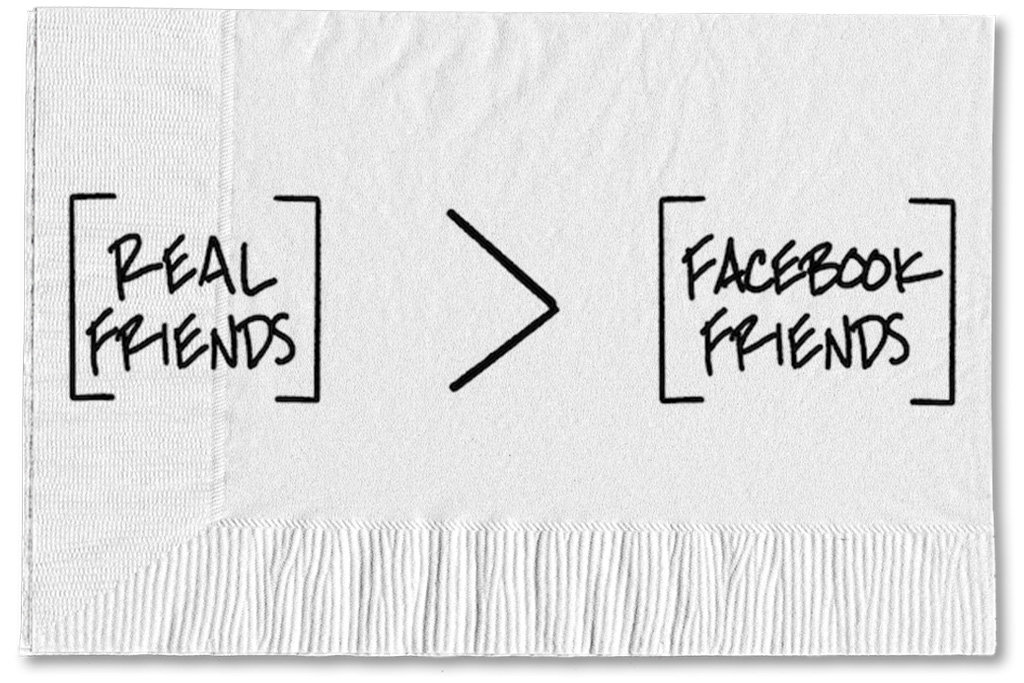The following blog is by Kali Hawlk originally published in her blog Common Sense Millennial.
There’s a short loop I like to run near my house. This particular route doesn’t have a level, flat section on it. I’m either trudging up a hill or pounding down one.
Constantly running up and down hills isn’t easy. It requires you to power through when you’d really prefer to slow to a shuffle. Your legs burn from the effort of propelling yourself not only forward but upward.
Running hills often sucks. It hurts.
When I run this route, or when I run longer distances than I’m used to, or when I try to do things like interval training — whenever I push myself, it hurts. And I can’t think of anything except for the mantra Scott Jurek shared in his book, Eat and Run: My Unlikely Journey to Ultramarathon Greatness:
Pain only hurts.
It plays over and over and over again in my head and I get through tough runs. I run up hill after hill. I do the last set of sprints that I’d rather avoid because they’re hard. I run a quarter mile farther than I thought I could, and then I run another.
Because all that “suffering” is only happening in my head. It’s only as painful as I let myself think it is. It’s a story I tell myself.
And I want to think it’s terrible and awful and I’m dying because if that’s the case, I can quit. And quitting is so much easier than pushing forward and continuing to make an effort.
Effort is hard.
When you think you cannot run one more step, that is your mind. Your legs would disagree and can keep going long after your mind throws in the towel.
Pain only hurts.
Dealing with the Pain of Undesirable Circumstances
Millennials are the most educated generation in history. And we’re also the most likely to find ourselves underemployed.
Those of us who graduated from college right before and during the recession faced a tough job market
Underemployment — and the flip side of that coin, under-earning — present problems well beyond the first few years of your career. When your entry-level salary is low, your earnings suffer throughout your working life.
This all sounds pretty dire. Very doom and gloom. And make no mistake, this sucks for people whose only mistake was being born in the wrong year, and therefore ending up in the wrong graduating class. Some of us missed a booming job market with healthy salaried positions by a frog hair.
But pain only hurts.
While you may feel helpless, that’s not the reality. If you believe your career and financial situation is out of your control, you’re buying into a lie. It’s a lie that will keep you underemployed and under-earning for as long as you choose to believe it.
You can believe that the pain and struggle you experience will prevent you from moving forward and improving. Or you can believe that, while these things freakin’ suck and life is hard, you are bigger than your challenges.
You can do the work that is hard and come out on the other side with something more.
You can change your mindset and start approaching your problems from new angles. Those new angles will lead you to solutions you couldn’t see before. A shift in mindset can bring you to new opportunities, new work, new income.
Of course, that’s easier said than done. But “easier said” never means “impossible to do.”
Why Mindset Matters
We attract what we think about. We become what we think about. Positive thoughts yield positive results.
When you think negatively, your mind goes into defensive mode. You start looking for things to go wrong. You expect things to go wrong.
You focus on what threat will come your way next to set you back — again. Your life is hard, nothing’s fair, the deck is stacked against you, and you have no choices. No options. You can’t do anything about it.
You are stuck. You are doomed to a life of perpetual wheel-spinning, where no matter how hard you struggle nothing improves.
Isn’t it exhausting to just read something like that? It’s exponentially more tiring to think those things in your own head, day after day after day.
In fact, dwelling in a negative mindset where these thoughts are free to lurk in your head is so exhausting it leaves you with little room or energy for anything else.
Anything else like.. looking for solutions to your problems instead of looking over your shoulder for the next thing that’s going to screw up your plans. Anything else like.. keeping yourself open and receptive to new opportunities that could propel you forward. Anything else like.. developing ways to earn more money and finding work you love.
Your mindset has a real impact on how things turn out for you.
I’m not saying run out and buy The Secret, or chant “I will find a million dollars” 50 times a day and expect a pile of cash to materialize in your living room. That’s not how this works.
Changing your mindset is but step one in a long, hard process that will require you to put a lot of blood, sweat, and tears into your goals if you want to achieve them. Mindset matters because if you can’t change how you think, you can’t change how you act. If you can’t change how you act, you can’t change your circumstances, your work, your finances — everything will stay the same.
And you want to change things up, right?
How to Change Your Mindset for Positive Growth
Okay. Point taken. Mindset matters.
Now what?
Let’s focus on how you can change your mindset. Remember, this is the hard part — the actual doing. Expect this to take time and effort before you start seeing tangible results. (And if you’re like me, you’ll also find that it takes more than one try to get it right.)
Start by identifying your current mindset. You may feel hopeless, confused, scared, angry, resentful, or frustrated. All of these negative emotions present big blocks to positive growth and change.
And they may be valid! You’re entitled to feel this way. Sometimes, it can be cathartic to acknowledge that you’re thinking this way and why you do. Just don’t stop there. Acknowledge, then let go and make room for something better. Here’s how to give that a try:
Accept Responsibility
Can you control everything that happens to you? Of course not. But you can take charge of your reactions to the events around you. Instead of blaming others or external forces for negative events, accept responsibility for your role in your own life. Realize there are still decisions you can consider and make. You’re not helpless. Your ability to decide and act is powerful!
Try New Things
Fear is a big cause of mindsets that keep us stuck in circumstances we don’t like or want. Many times we’d rather choose what is safe and known rather than stick our necks out to go after what we truly want out of life. If you’re struggling to change your mindset because you’re afraid of the unknown, try something new. It doesn’t need to be related to your bigger goals or what’s currently holding you back. Just get into the habit of stretching yourself. Try small things at first and gradually work up to new things that carry more impact. You’ll start to understand that taking action isn’t scary, and you’ll have a wealth of new experiences that may help you see the world around you in a new way.
Practice
You’re not going to nail this overnight. Practice thinking positively. Practice doing that thing you want to accomplish, whatever it is — from running to public speaking to interviewing and so on, you cannot improve if you don’t consistently practice to hone your skills and abilities. Continue to get out there and try. Commit and persevere.
About the author: Kali Hawlk is a financial writer who is passionate about helping Millennials learn more about money. She also works as a content marketing manager for financial professionals to help advisors and planners build better businesses and brands online. Kali is a contributor to Clark Howard, The Huffington Post, ReadyForZero, Magnify Money, and FeeX. She’s also been featured on and quoted in Forbes, US News and World Report, and AOL’s Daily Finance. To learn more and get in touch, please visit http://kalihawlk.com







0 Comments